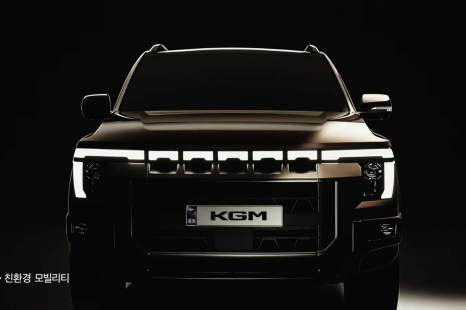

William Stopford
KGM teases boxy new Ford Ranger rival to replace ex-SsangYong Musso
45 Minutes Ago

News Editor
Nissan has revealed an electric SUV concept with bluff, boxy styling, and it could preview a China-exclusive model due in 2024.
Called the Arizon, it was designed by a Chinese team to serve as a “multifunctional partner for China’s drivers” with a “software-defined vehicle approach”.
Unlike the more curvaceous Ariya, there are angular lines with an upright silhouette, squared-off wheel arches and prominent, boxy hips.
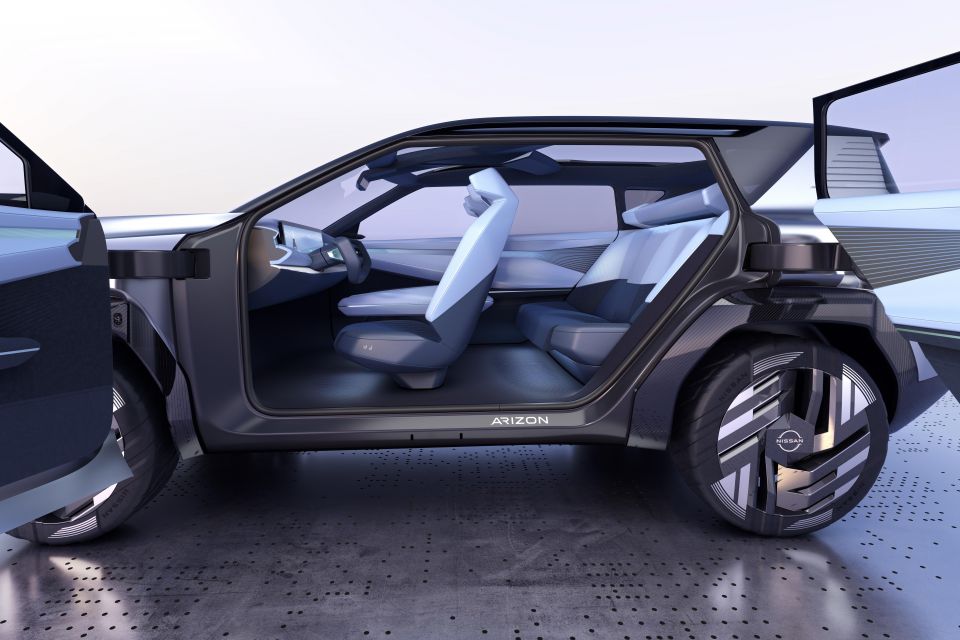
There’s no B-pillar, but this is no old Prairie. Instead, there are coach doors that open onto what Nissan calls a “richly appointed cabin” with a “warm, high-tech glow”.
There’s a steering yoke and one large screen assembly incorporating the infotainment touchscreen and digital instrument cluster.
An auto-dimming glass roof lets light into the cabin, while an “interactive lighting system” is said to recognise people and adapt illumination to suit their preferences.
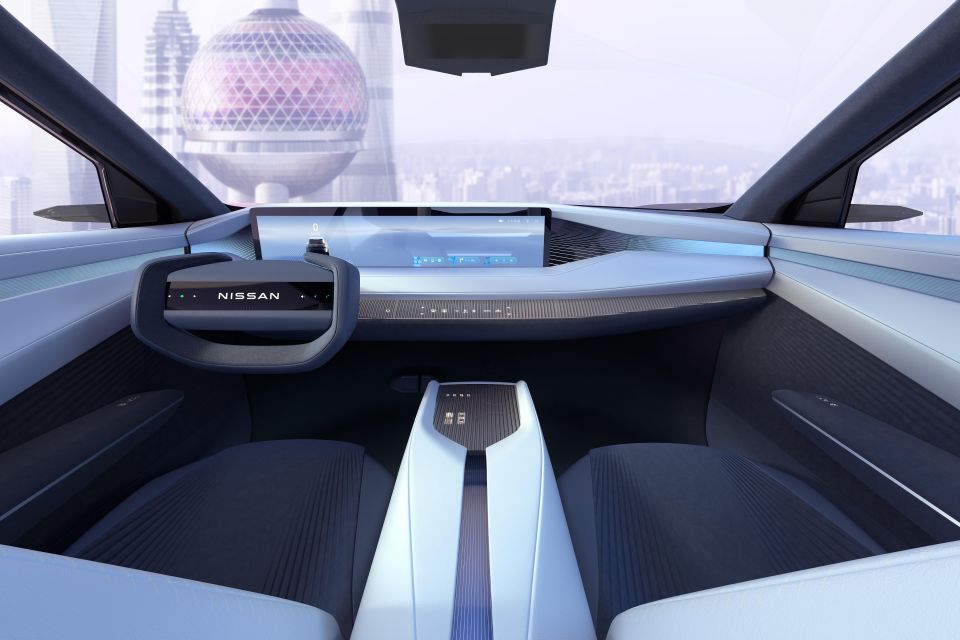
This system features different modes for leisure, relaxation and sleep, as well as a mysterious “surprise” mode.
There’s a virtual personal assistant called Eporo that can interact with passengers “in a human-like manner” and provide information like the time and weather.
Other than confirming it has a low centre of gravity and sits on the same CMF-EV platform as the Ariya, Nissan hasn’t released any technical details.
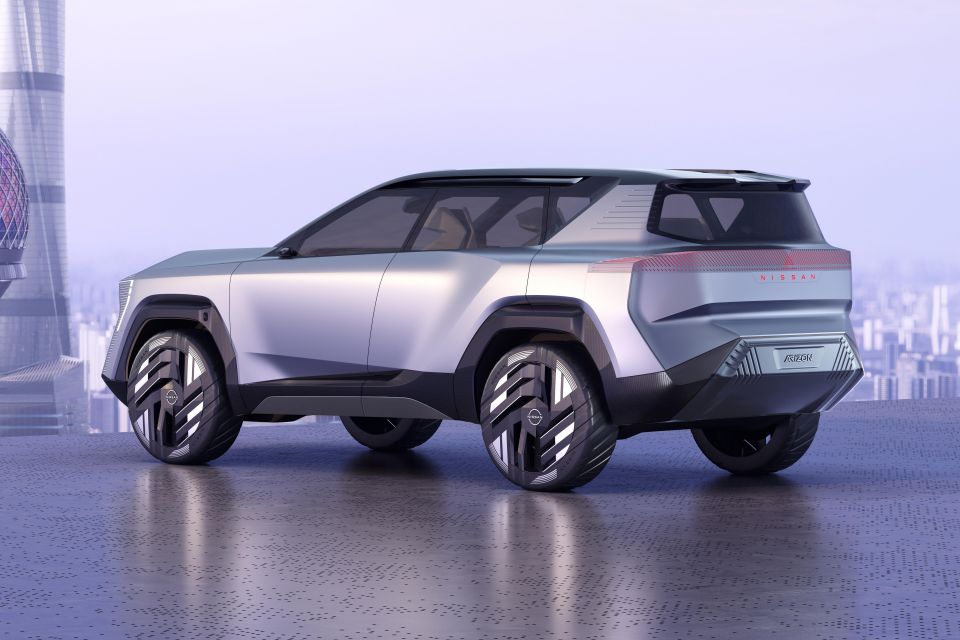
Globally, the Ariya is available with single-motor front-wheel drive and dual-motor e-4ORCE all-wheel drive drivetrains, as well as a choice of two battery pack options; with respective usable capacities of 63kWh and 87kWh.
Motor outputs for FWD models with the smaller-capacity battery are 160kW and 300Nm, while with the larger-capacity battery the Ariya single motor develops 178kW/300Nm.
The twin-motor AWD system features combined outputs of 250kW/560Nm (65kWh) or 290kW/600Nm (90kWh), with the latter offering a claimed 5.1-second 0-100km/h time.
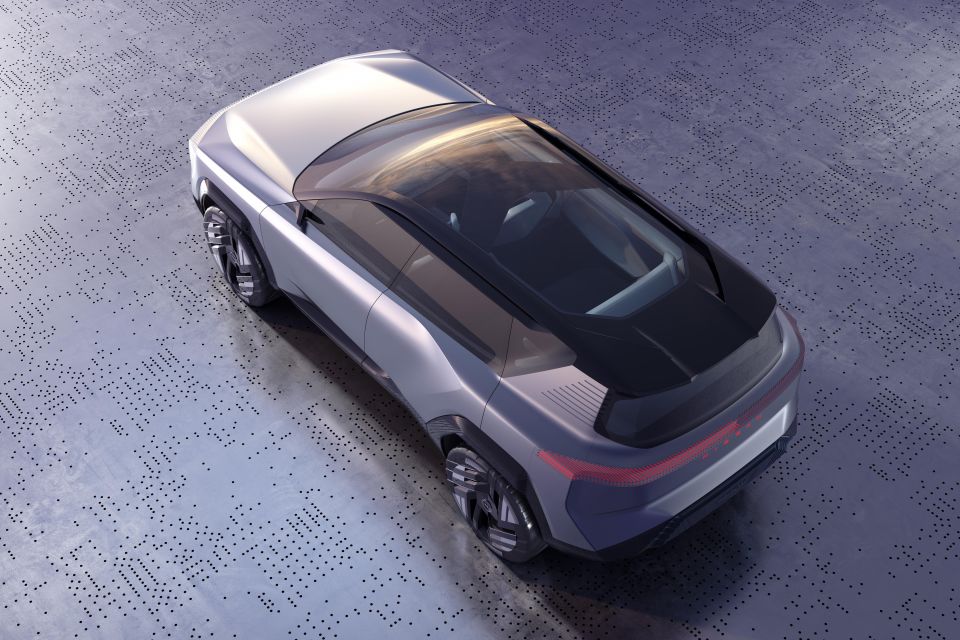
Nissan Australia has yet to lock in launch timing for the Ariya, citing strong demand in other markets and the lack of emissions standards locally which has pushed us down the priority list.
Earlier this year, Nissan announced a revised version of its global Ambition 2030 plan it revealed in 2021.
It now plans to launch 19 electric vehicles across the Nissan and Infiniti brands by fiscal year 2030. It’s aiming for electrified vehicles to account for 55 per cent of its global sales across brands by that same year.
Where expert car reviews meet expert car buying – CarExpert gives you trusted advice, personalised service and real savings on your next new car.
William Stopford is an automotive journalist with a passion for mainstream cars, automotive history and overseas auto markets.


William Stopford
45 Minutes Ago
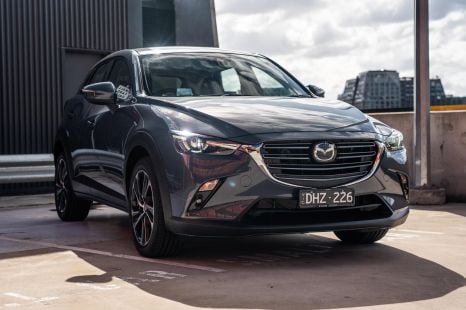

Josh Nevett
6 Hours Ago


Alborz Fallah
14 Hours Ago


Marton Pettendy
16 Hours Ago
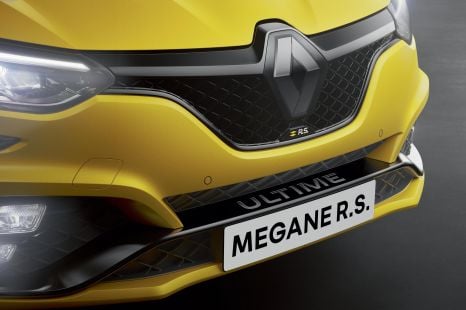

Ben Zachariah
18 Hours Ago
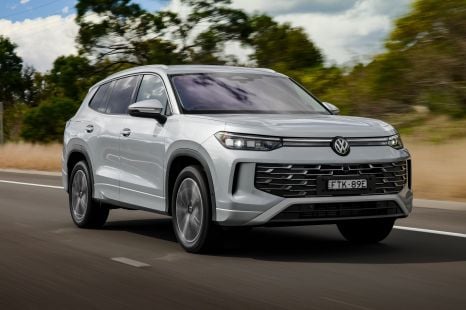

Damion Smy
19 Hours Ago